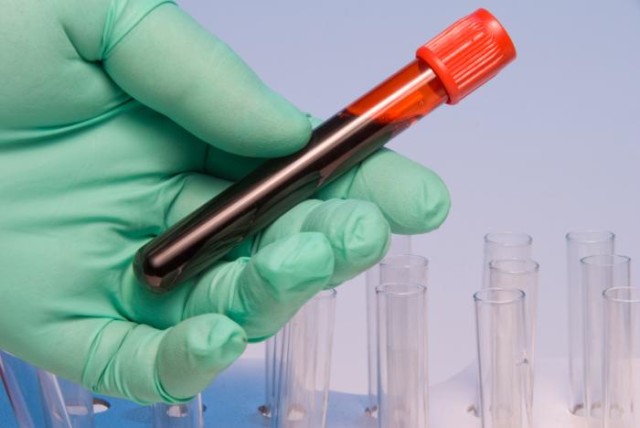
In most cases, when the doctor wants to know more about what’s going on inside your body, they will order for a blood test to be performed. Depending on what the doctor is looking for, some blood tests can be more detailed than others.
In general, a blood test is a way for doctors to check for possible abnormalities in your internal organs, blood, cells, and other interior parts of the body. As daunting as it may be, a blood test done is still of great importance to your body.
The power of a blood test.
- The Amount Or Range Of Blood Cells
Doctors generally have a range of blood cells that are still considered normal or not. The only way for you to determine any abnormality in your blood cells is through a blood test. For instance, a very low platelet can be a sign of life-threatening dengue. Or, perhaps you may have anemia. In a worst-case scenario, abnormally high or low blood cell counts can mean blood cancers.
- The Blood Chemistry Of Your Body
Blood tests can also determine the blood chemistry of your body. These tests are performed on the plasma of the blood itself or the fluid part. Blood chemistry is essential in determining the blood glucose, calcium and blood electrolyte in your body. The results of a blood test can determine possible diseases in the following areas of your body:
- Muscles
- Kidney
- Liver
- Heart
- Bones
- The Possible Abnormal Immune System Proteins In Your Body
Speaking about your health, your immune system is one of the most important facets. When your immune system shuts down, you can expect your entire bodily function to be very low as well. Electrophoresis, for instance, is one of the blood testing options that studies the proteins in your blood. The result of this test is crucial in detecting possible immune system problems.
- The Possible Occurrence Of A Heart Attack
Heart attacks come in like a thief in the night. The victim, or patient, may experience a heart attack at a time when they least expect it to happen. Although this is a health emergency that’s quite unexpected, there are symptoms that can potentially be a sign of a heart attack.
Through blood testing, your doctor can see how the enzymes in your body are doing and functioning. There are numerous enzyme tests that can be done, and these tests can detect a possible risk of a heart attack.
Changing your lifestyle and meal plans that can help protect your heart’s health, also mitigate the occurrence of a heart attack,
- The Presence Of Tumors
In more advanced blood tests, you can also determine the possible presence of tumors. This is achieved through a tumor marker test. How so? Tumor markers are made of chemicals, coming from tumor cells, which can be detected through your blood. Tumor tests aid in the early detection of cancer, or even in the proactive prevention of those who may be at risk.
- The Blood Clotting Rate Of Your Body
There’s a normal blood clotting time for your body. There are also those that are considered abnormal. Blood clotting is a very important issue since it can lead to severe bleeding, which can be fatal.
This blood clotting tests refer not just to external risks, but even to internal trauma, whereby your blood doesn’t coagulate as normally as it should. For instance, if a doctor suspects that you may have hemophilia, a blood test will be properly ordered. In severe cases, blood clots in the heart, brain, veins, and other high-risk areas may also mean fatal injuries for you.
By taking the proper medicines, these risky blood clotting abnormalities can be managed properly. This is only possible through blood tests and early detection.
Blood tests are a great way to provide a level playing field between you, your body and your doctor. It can give your doctor clarity as to what it is that’s going on in your body, or what may need to be treated, and it reduces your anxiety as well. There’s nothing worse than your doctor telling you that they don’t know what’s going on in your body. With blood tests, your health condition is crystal clear, and your doctor will know what needs to be done.












